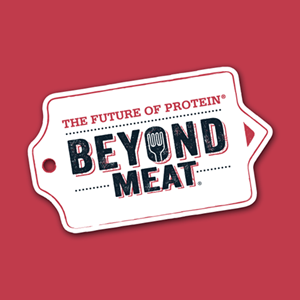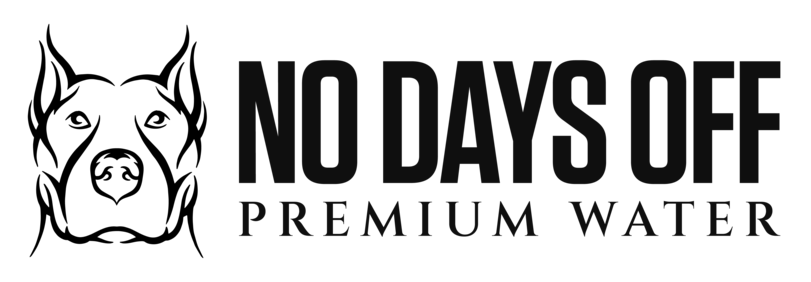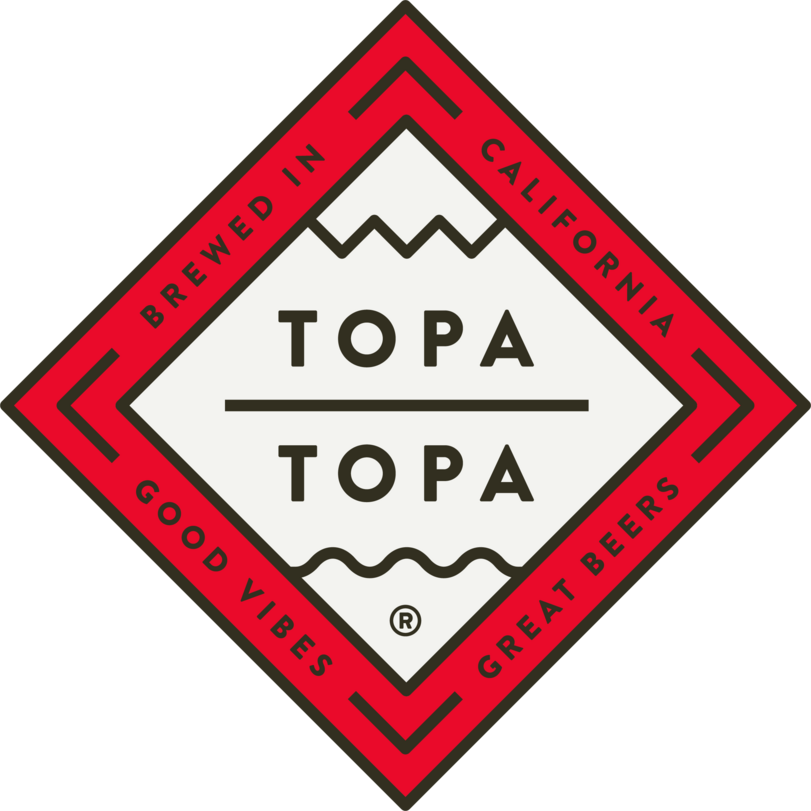The Checkout: Beyond Meat Launches Beyond Chicken Tenders; Thrive Market Mulls IPO
Welcome to The Checkout: an express lane for the weekly news you need to know, always 10 items or less.

Beyond Meat Launches Beyond Chicken Tenders in Foodservice
Beyond Meat announced yesterday the launch of its new Beyond Chicken Tenders at select restaurants nationwide. The launch marks the company’s second foray into chicken alternatives after discontinuing its chicken strip product in 2019.
Beyond Chicken Tenders are made with faba beans and peas, containing 14 grams of protein per serving and 40% less saturated fat than meat-based chicken tenders. The tenders are now available at nearly 400 restaurants, building on the brand’s footprint of 39,000 foodservice locations across 80 countries.
“We’re innovating the poultry market with the new Beyond Chicken Tenders — the result of our tireless pursuit for excellence and growth at Beyond Meat,” Dariush Ajami, Chief Innovation Officer at Beyond Meat, said in a press release. “Innovation is at the heart of Beyond Meat, and Beyond Chicken Tenders are the latest example of our mission to create groundbreaking, tasty options that are better for people and for our planet.”
The company launched its first alt-chicken innovation, chicken strips made with soy and pea protein, in 2012, gaining distribution at retailers such as Whole Foods. However, the company discontinued the product in 2019, stating that it wasn’t “delivering the same plant-based meat experience as some of our more popular products” such as the Beyond Burger and Beyond Sausage.
The company tested a Beyond Fried Chicken at KFC locations in 2019, and partnered with Yum! Brands in February to create new plant-based menu items such as alternatives for chicken, pork and egg to expand the McDonald’s McPlant platform.

Thrive Market Reportedly Considering IPO
Membership-based, better-for-you e-grocer Thrive Market is reportedly considering an initial public offering, according to Bloomberg. Sources told the outlet that the company is seeking a valuation of $2 billion and is working with Goldman Sachs.
Founded in 2014, Thrive Market carries more than 6,000 organic and non-GMO products across food, beverage, personal care and cleaning brands, while also selling its own branded line of products. The company has raised more than $240 million in funding to date, including a $20 million convertible note raised in 2019 from investment firm Invus.
Thrive Market has benefitted from rapid growth in the ecommerce grocery channel during the pandemic. In September, Forbes reported that Thrive Market sales were up 90% year-over-year, following 40% sales growth the previous year. The company also achieved B-Corp certification last October, and unveiled plans in April to become the world’s first climate-positive grocer, having been carbon neutral since its launch.
The news follows a number of recent IPOs in the food and beverage space, including Chobani earlier this week. Vita Coco parent company All Market is also reportedly planning to go public.

Acosta Releases Report on Post-Pandemic Health and Wellness Trends
Food industry sales and marketing firm Acosta released a report this week looking at the effect of COVID-19 on recent health and wellness trends, identifying ways the industry can better meet consumer needs post-pandemic.
The pandemic accelerated consumers’ interest in “self-care,” according to the report, with 49% of respondents saying their definition of self-care includes healthy eating and nutrition. However, the report also found that 33% of shoppers identify price as the most significant barrier to healthy eating.
Colin Stewart, executive vice president of business intelligence at Acosta, said in the report that consumers’ deeper interest in self-care, particularly healthy eating, “has created an opportunity for retailers to significantly expand sales and drive shopper loyalty.” This is especially true as “active” health food shoppers — a quarter of all shoppers, who are “very focused” on eating right — turn to reading product labels in store to guide their choices just as much as they consider the advice of medical professionals, according to Acosta.
“This challenge opens a door for retailers to become trusted resources among health-focused consumers, many of whom are beginning to look beyond medical professionals for guidance on affordable purchase recommendations and product information,” Stewart said. “Now more than ever, retailers would be wise to offer health and wellness solutions tailored to fit current consumer needs — whether this means providing discounts on featured items, creating incentive programs or optimizing product labeling.”
Report: Food Industry Employees Earned Less Than U.S. Average Last Year
Food industry employees were paid 46.8% less than the U.S. average wage across all major industries during the pandemic, according to data derived from the Wall Street Journal and analysis from the Food Institute. Looking at a data sample of 6.1 million employees across food production, retail and consumer services, the median food industry employee’s compensation was $33,392 in 2020, down 0.7% year-over-year, and well below the $71,251 average wage across all major industries.
The average retail food worker’s wage was down 8%, notably at Costco (-16.3%), Kroger (-8.1%) and Walmart (-6.9%). However, average wages for food and beverage producers were up 2%, with Campbell, Kellogg and McCormick & Co. increasing average wages. Meanwhile, Kraft Heinz wages were down 7.2% and Hershey down 20.4%. The Food Institute also reported that data revealed CEOs in the food industry received wages that were 400 times higher than the average employee.
“The compensation data in 2020 show two things: the abnormal impact that COVID-19 had on the food industry, and the wage gap that food industry workers face compared to workers in other industries,” said Brian Choi, managing partner and CEO of The Food Institute. “I think these factors have helped contribute to the hiring problems the U.S. food industry has been facing over the past few months.”

Pharmavite Acquires Uqora
Wellness company Pharmavite announced this week it had acquired Uqora, maker of drink mixes and supplements aimed at improving urinary health. Uquora joins Pharmavite’s portfolio of wellness companies that include vitamin and supplement brands Nature Made and Equelle, functional gummy, powder and supplement brand MegaFood and personalized vitamin brand Nurish. Terms of the deal were not disclosed. Whipstitch Capital served as Uqora’s financial advisor.
“Uqora plays a central role in our long-term strategy to offer the most comprehensive women’s health platform in the vitamin, mineral and supplement industry and alongside our existing EQUELLE brand, furthers our commitment to innovating in the underserved women’s health market,” Jeff Boutelle, CEO of Pharmavite, said in a press release.
The San Diego-based direct-to-consumer brand was founded by partners Jenna Ryan and Spencer Gordon in 2017, offering a drink mix called Target, as well as two supplements — Control and Promote to support urinary health. The company will continue to operate from San Diego with Gordon, Ryan and its current team remaining with the brand.

















